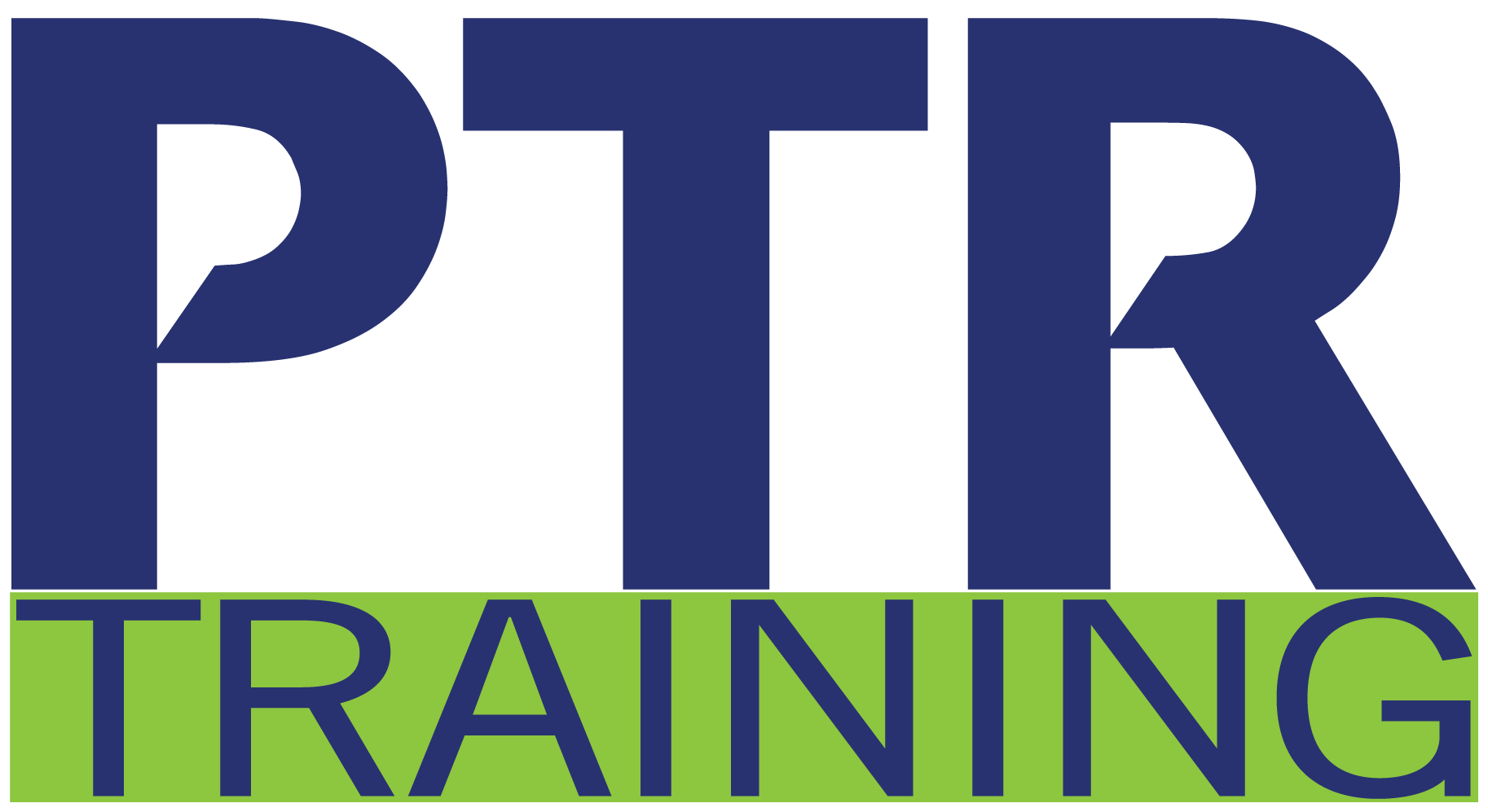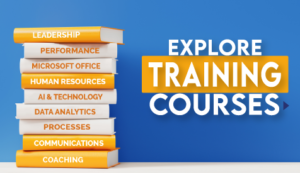This 2-day course provides essential tools and techniques for improving communication within technical environments. We will teach how to communicate as a technical person using interpersonal skills such as active listening, empathy, storytelling, and feedback management. You will learn to adjust communication for technical and non-technical stakeholders and avoid jargon and unnecessary complexity. You will master clarity in communication and use readability metrics and AI tools to improve effectiveness and precision.
Learning Objectives »
- Define technical communication in a corporate environment.
- Identify and apply key interpersonal skills to improve communication with colleagues and stakeholders.
- Tailor communication strategies based on the audience.
- Simplify complex technical information.
- Use storytelling to enhance retention and engagement.
- Create compelling visuals that support and clarify content.
- Measure and improve communication clarity using AI.
- Develop strategies for more effective team collaboration.
Course Agenda
Technical Communication Basics
- Every Day in Corporate America
- What is Technical Communication?
- General vs. Technical Communication
- Importance of Technical Communication
- Why Communication Breaks Down
Interpersonal Skills
- Interpersonal Skills and Their Importance
- Active Listening
- Empathy and Conflict Resolution
- Feedback Management
- Rapport Building
- Communication Styles and Strategies
Understanding Your Audience
- Why Audience Understanding is Critical
- Who Are You Communicating With?
- Stakeholder Needs and Expectations
- Technical Communication Styles
- Collaboration Within Technical Teams
- Non-Technical Communication Styles
- Adjusting Communication for Expertise
Avoiding Jargon & Complexity
- The Cost of Complexity
- What Makes Communication Complex?
- Jargon/Terminology Problems
- The Curse of Knowledge
- Overcoming the Curse
Storytelling & Retention Strategies
- Retention Tips
- Technical Storytelling
- Making the Complex Understandable
- The Power of Visuals
- Visuals for Technical Explanations
- Good and Bad Visualizations
- Best Practices for Creating Visuals
Mastering Clarity in Communication
- Communication Effectiveness
- Readability Metrics
- Flesch-Kincaid
- Leveraging AI
- ChatGPT





